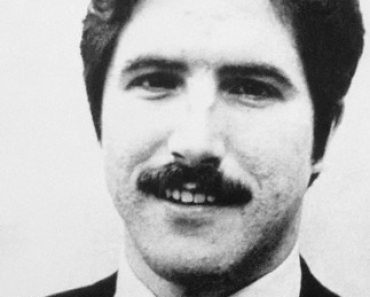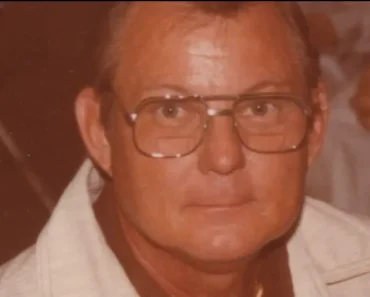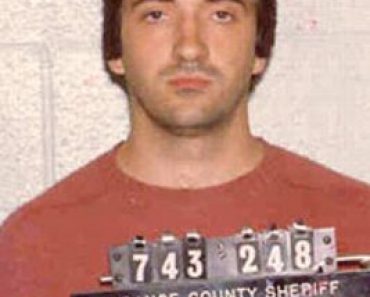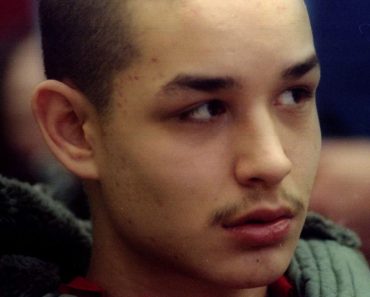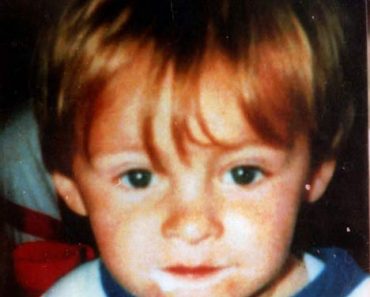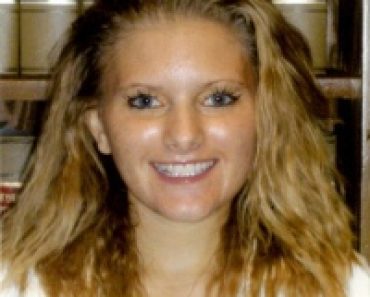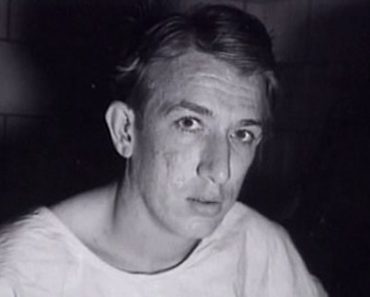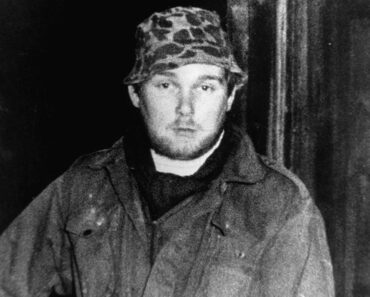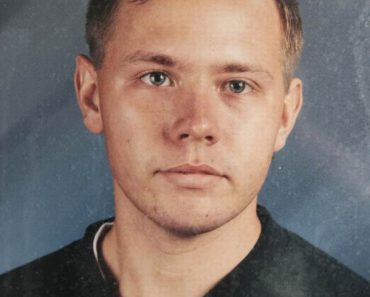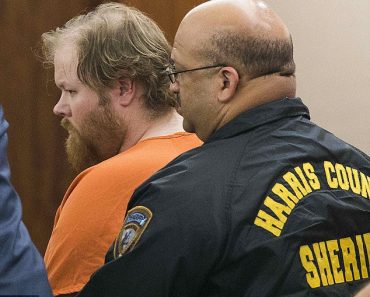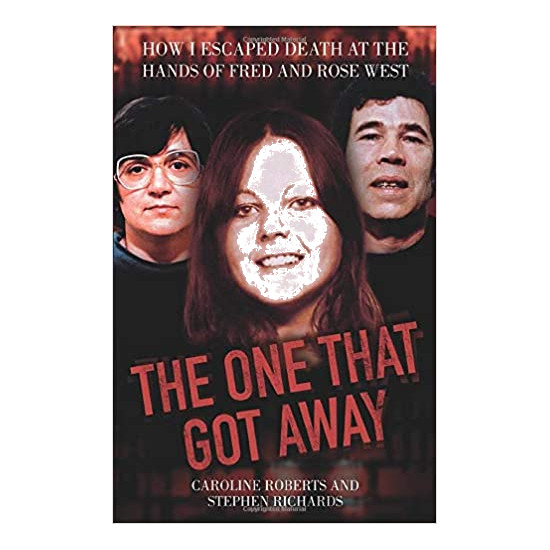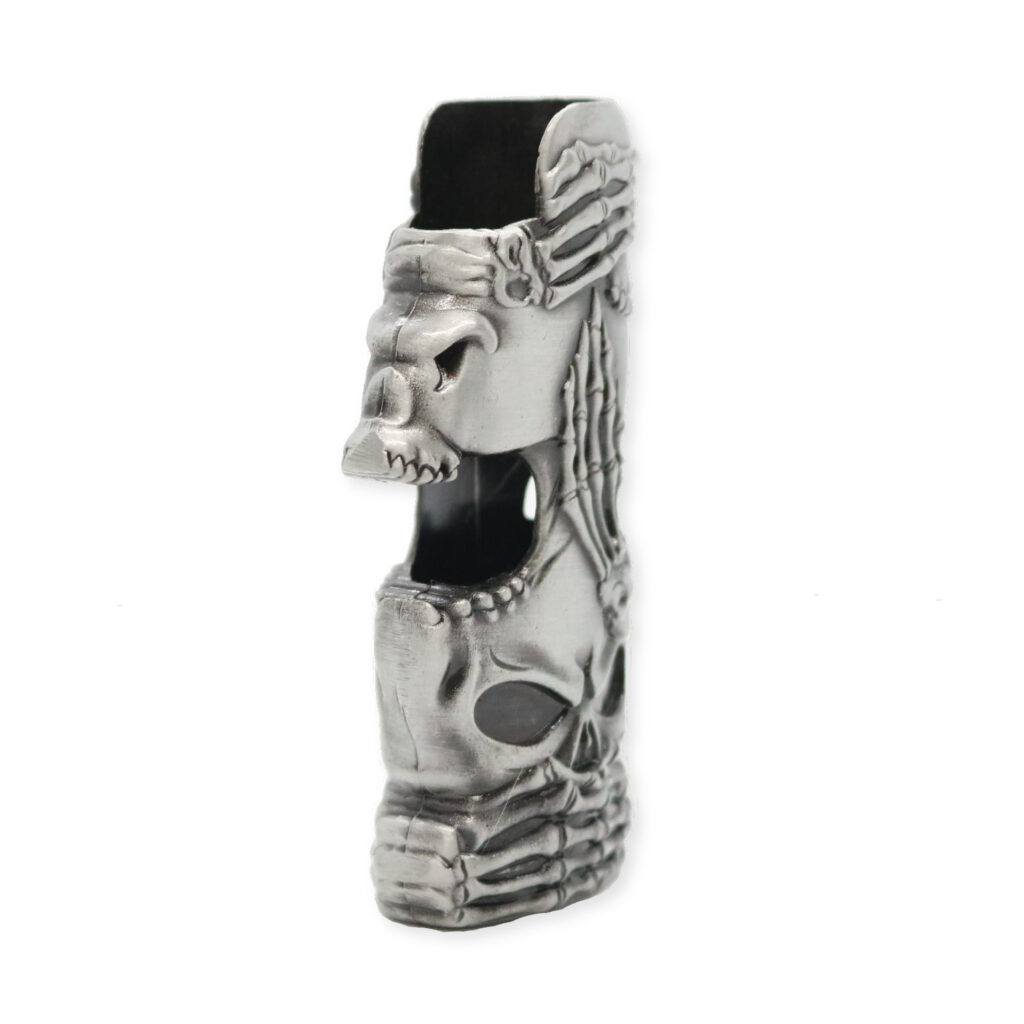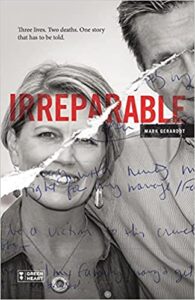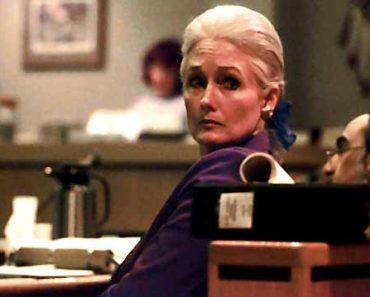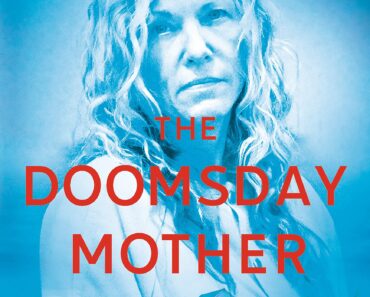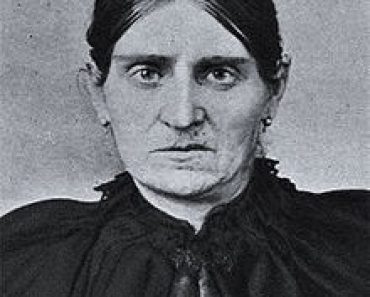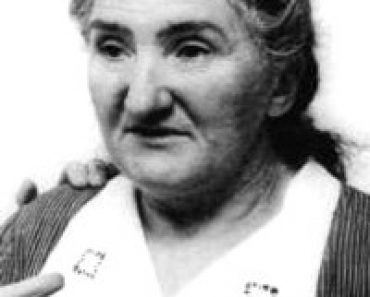
Tammy Corbett was charged with four counts of murder of two of her children, Robert Eveans (born July 31, 1987, and died September 25, 1987) and Amy Cecille Eveans (born August 16, 1988, and died September 1, 1988). At the time of trial Tammy had already been convicted of murdering her oldest child, Ricky, whose death prompted authorities to re-examine the earlier deaths and charge her with murder. Tammy pleaded not guilty to two counts alleging she intentionally or knowingly caused their deaths and two counts alleging she engaged in conduct knowing it created a strong probability of their deaths.
Prior to the bench trial, Tammy Corbett moved to suppress statements she made to Jersey County Sheriff Frank Yocom. At the suppression hearing, Sheriff Yocom testified he was called to the jail because Tammy was crying and requested to see him. On arrival, he advised her who her attorney was and she should talk to him. She replied she knew her rights and wanted to talk to Sheriff Yocom. He again told her she should be aware of her constitutional rights and she should talk to her attorney. She replied she had not been honest with the sheriff and Lieutenant Wayne Watson of the Illinois State Police, and wanted to get some “things off her chest” about Robert and Amy. She wanted a meeting the next morning with her attorney, Sheriff Yocom and Lieutenant Watson. She said she had not been perfectly honest with her attorney, and wanted to “get all of this out in the open.” Sheriff Yocom asked no questions. She made these statements on her own. The meeting never transpired. No other evidence was presented. The trial court denied the motion to suppress, finding defendant’s statements were voluntary and self-initiated.
Tammy Corbett
Tammy Corbett, asserting the marital privilege, also moved to suppress testimony from her former husband concerning admissions to him she killed their two children. The trial court denied the motion. At the bench trial, the following testimony and evidence were adduced.
Richard Eveans (Richard) was the former husband of Tammy Corbett. Together they had three children, Ricky, Robert, and Amy Cecille, in order. While he was away on a trip, Tammy called and told him she was in the basement doing laundry and Robert had either fallen or their son Ricky had pulled Robert off a table. A few days later, Richard returned home when Robert was admitted to the hospital because he had stopped breathing. Robert was hooked to a monitor and appeared to be breathing normally. Robert never had any trouble breathing before or after he was admitted to the hospital. Richard took off work for a few days to console Tammy. The first day he went back to work, Robert died in the hospital.
At different times during their marriage, Tammy Corbett gave three different versions of being raped when she was younger. First, she claimed before they were married, she had been raped by her boyfriend. Later she claimed she had been grabbed as she was getting into her car, dragged to an apartment, and raped by a man who looked vaguely familiar. Later her story was the same as the second version, except this time the rapist was a black man.
Tammy Corbett
Their daughter Amy did not exhibit any medical problems prior to her death. On the morning she died, Richard and Tammy were asleep when the alarm clock went off. Tammy jumped out of bed, ran into the baby’s room “like she knew something was wrong,” and yelled something was wrong with Amy. Richard went into the room and saw Amy was cold and stiff. After Amy’s death, and while consoling her, he asked Tammy why she jumped out of bed that morning. She replied she dreamed Amy’s name was in place of Robert’s name on his headstone in the cemetery, so when she awoke she ran to see if Amy was all right.
In April of 1990, Richard visited Tammy Corbett in the county jail. She admitted placing her hand over Robert’s mouth and suffocating him, and placing her hand over Amy’s mouth and suffocating her. Defendant said she laughed when she did this and could not understand why Richard had not awakened when she was killing Amy.
Richard never saw Tammy act anything other than a loving mother with their children and his stepdaughter, who occasionally stayed with him and Tammy. He noted on numerous occasions Tammy thrashed around in bed with violent nightmares and he was unable to wake her.
William Davis met Tammy Corbett while a fellow inmate in the Jersey County jail. She told him she placed a pillow over the face of her “other child” (apparently Robert) and killed the child. Tammy told him at least a dozen times what she had done, and said, “there was no witnesses, so she couldn’t go to jail.” She also told him she had been raped when she was younger by a group of black men in an abandoned building.
Tammy Corbett
Charles Enneian met Tammy Corbett while a fellow inmate at the Jersey County jail. In a telephone conversation with her in the summer of 1990, she told him “when Amy and Robbie died, they both kicked their legs real hard like a little baby would kick their legs trying to swim in the water.” Defendant also recounted a rape when she was younger by a white man who dragged her from her car to an apartment.
Debra Sinks also met Tammy while in jail. In addition to two versions of the rape from her past, defendant told her she had contacted Sheriff Yocom because she wanted to confess and tell the truth about the deaths of her children. Sheriff Yocom then repeated his testimony from the suppression hearing.
Lynn Chism, an acquaintance of Tammy Corbett, had a phone conversation with her in November of 1989, while Tammy was being held in jail. Chism told Tammy she had “no doubt” she had killed Robert and Amy. Tammy started crying and said, “It was my hands. It wasn’t me, it was my hands.” However, when Chism yelled at her, “You killed Robbie,” Tammy answered, “No, Ricky.” Tammy Corbett then said she “had nothing to do with killing Amy.”
Dr. William Drake, a coroner’s physician for Jersey County, performed an autopsy on Amy. She died from cardiorespiratory arrest due to anoxia (a lack of breathing). He considered this to be sudden infant death syndrome (SIDS) (a/k/a crib death) and had no evidence of “foul play” at the time. SIDS is “a failure to breathe for unknown reasons.” Autopsy findings for SIDS and death by suffocation are indistinguishable in a tiny baby.
Tammy Corbett
Brandie Eveans, 12 years old, is Richard’s daughter and the stepdaughter of Tammy Corbett. She lived with Tammy for a time. She once saw Tammy put her hand over Robert’s mouth. He started shaking and kicking his legs. Brandie also saw Tammy place her hand over Amy’s mouth and Amy started kicking her legs. Brandie ran to her bedroom and hid because she was afraid Tammy was “going to get her.” Tammy Corbett also told Brandie yet another version of the rape incident. On the day Ricky died, Brandie heard Tammy say to Ricky in a “loud” and “mean” voice something like, “you are going to die.”
Gina Eveans was married to Richard’s brother and was a friend of Tammy Corbett. Tammy told Gina she had been in the basement doing laundry when Ricky pulled the tablecloth off the kitchen table, which pulled Robert down off the table. Ricky was 13 months old at the time and could not yet walk. When Gina went to Tammy’s house to get clothes for Tammy and Ricky, there was no tablecloth or blood on the floor. The second time Robert was taken to the hospital, Gina saw Tammy lean over Robert and say, “Don’t worry, baby, I got even.” Gina also noted Tammy had told her on numerous occasions she was going to get even with her husband, Richard, for being away from home so much.
Raj Nanduri, a forensic pathologist, performed an autopsy on Robert in September of 1987 and determined the cause of death was meningitis. She later performed an autopsy on Ricky and was aware Amy had died of SIDS. Nanduri suggested the re-investigation of the two earlier deaths. Meningitis is not always fatal, and the findings of Robert’s autopsy were not inconsistent with death by suffocation. Suffocation in a small child usually leaves no traces, so almost every death of a small child is not inconsistent with suffocation.
Tammy Corbett
Mary Case, a pathologist, reviewed the records of Robert and Amy. She believed Robert had only localized brain inflammation, not meningitis, and his cause of death was undetermined. A child his age, 7 1/2 weeks, rarely shows signs of suffocation. SIDS is commonly accepted to occur only after the baby is at least one month old. Amy was 16 days old at death. A diagnosis of SIDS requires an investigation of family history. Her office prohibits the diagnosis of SIDS in a family where another child has already died of SIDS. Another child’s death in the family is a suspicious detail preventing a clear diagnosis of SIDS. She explained in forensic pathology, because children often die in ways undetectable by a medical autopsy, the cause of death can be determined only through investigation of circumstances surrounding the death. Given all the circumstances surrounding Robert’s and Amy’s deaths, she would rule the cause of their deaths homicide.
During the defense case, the defense called numerous witnesses including members of Tammy’s family, as well as former high school friends, teachers, and coworkers of the defendant. Their testimony can be summarized as follows. Tammy Corbett underwent a marked personality change in high school. In her freshman year, she was outgoing, involved in student activities, a straight “A” student, and president of the student council. By her junior year, she had become introverted and depressed, withdrew from student activities, and began to drink. Her grades slipped, and she did not graduate with her class. In high school, she had an abortion, received a head injury in an accident at the Young Men’s Christian Association pool, and was involved in a car accident. After the accidents, she had headaches and blackouts, violent nightmares from which she could not be awakened, and unprovoked hysterical screaming fits, after which she also blacked out and could not remember what happened. In regard to parental affection and skills, she seemed a wonderful, loving mother.
Tammy Corbett
Katherine Sears, Tammy’s mother, testified Tammy Corbett claimed she was doing laundry in the basement when Ricky pulled Robert down from the kitchen table. However, Mary Corbett, Tammy’s sister, testified after Robert died, Tammy said she was doing dishes in the kitchen when he fell. After Ricky’s death, Tammy said she was taking a nap with Ricky when she had a nightmare she was being raped. In trying to defend herself in her sleep, her body smothered Ricky.
Dr. Daniel J. Cuneo, a clinical psychologist with the Illinois Department of Mental Health and Developmental Disabilities, evaluated Tammy Corbett. She told him she believed she killed her children because she had dreams and flashbacks of doing so. Dr. Cuneo believed Tammy’s pool and auto accidents caused brain damage, which amplified her negative personality traits caused by rape trauma. A substantial disorder of thought, mood, and behavior impaired her judgment. Tammy Corbett could appreciate the criminality of her conduct and was legally sane at the time of the alleged offenses. On cross-examination, Dr. Cuneo testified a medical report by Dr. Farid Karimi, upon which Dr. Cuneo had relied in part in forming his opinions, indicated Tammy Corbett did not have brain damage. On redirect, Dr. Cuneo noted Dr. Karimi had not only agreed Tammy was mentally ill, but believed she was legally insane. Later, the State moved to limit Dr. Karimi’s opinion regarding Tammy’s sanity be admissible only to show the basis of Dr. Cuneo’s opinion. Over objection, the trial court granted the motion.
Tammy Corbett
The State offered some rebuttal witnesses out of order, including Virginia Budde, a former coworker of Tammy Corbett. When Tammy was pregnant, she said she did not want the baby, and “this was going to be the last one, anyway; that she didn’t have to worry about it.” She stated “something along the line that if she was lucky, something about the baby she was carrying wouldn’t be born, would be born with something wrong.” Tammy Corbett objected because Budde’s testimony was not rebuttal. The trial court overruled the objection.
The defense rested. The trial court ruled no evidence of insanity or provocation had been presented and then found Tammy Corbett guilty but mentally ill on all four counts of murder.
Tammy Corbett was sentenced to life in prison without parole on February 10, 1993.
source: murderpedia








